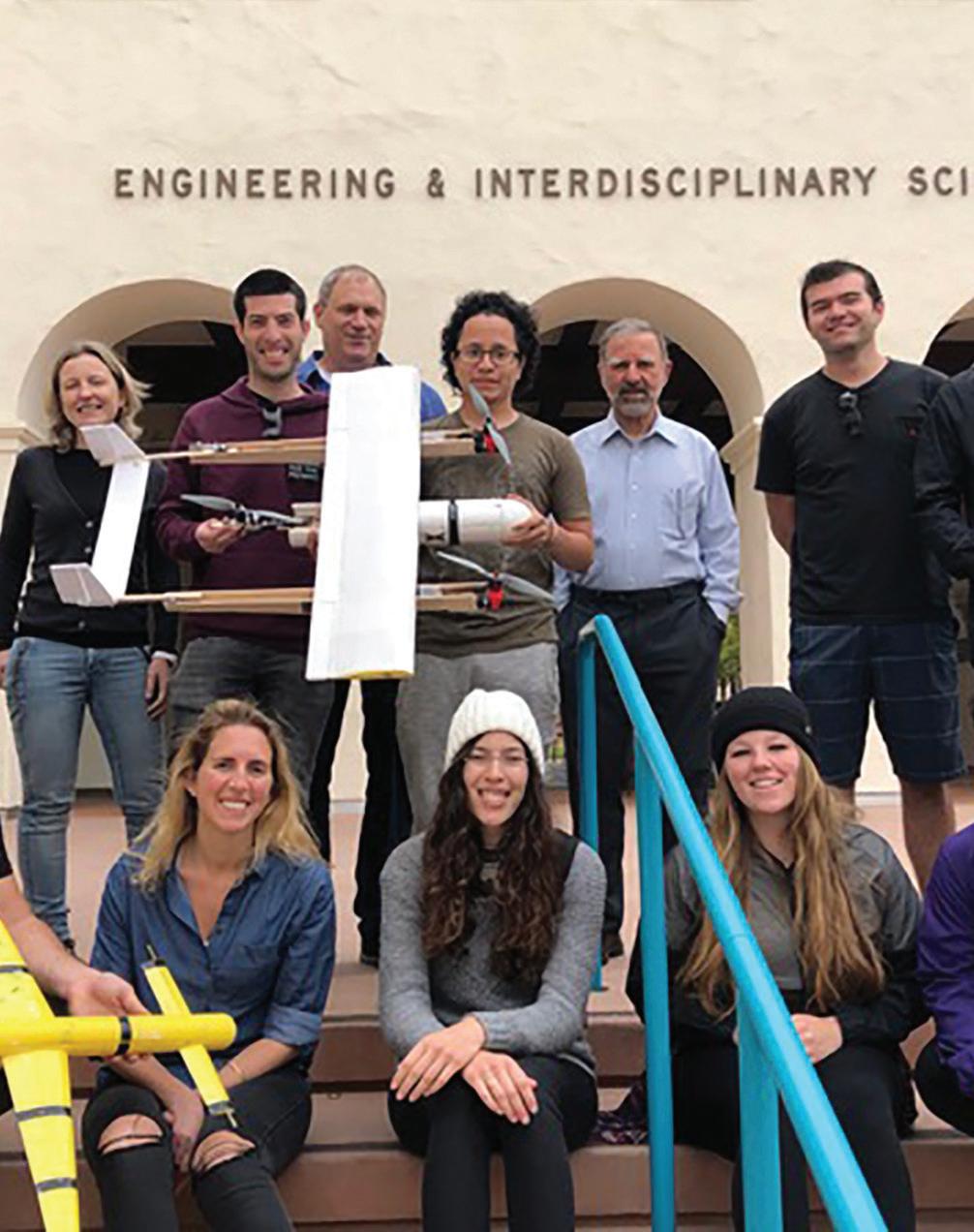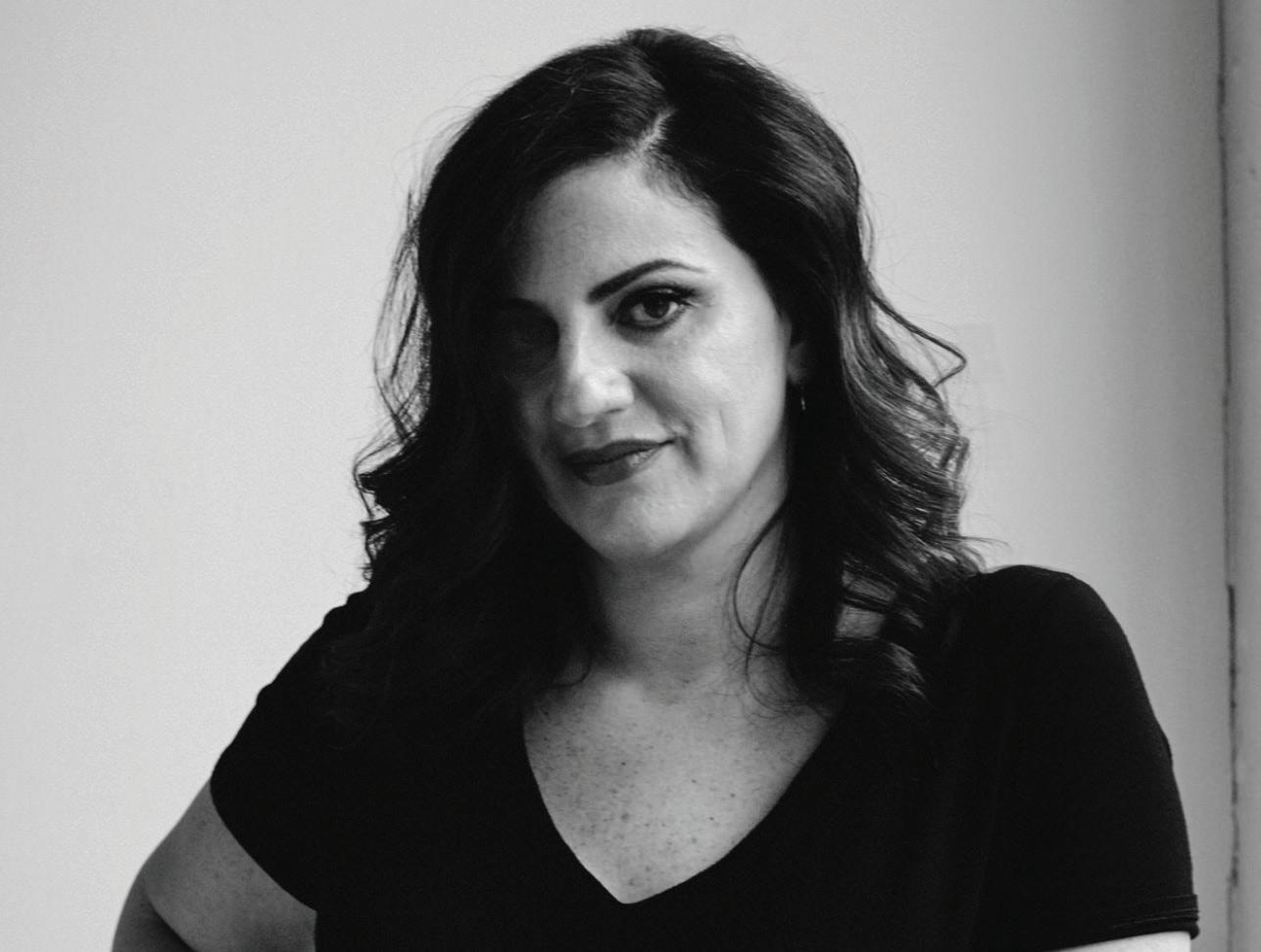
2 minute read
FEATURES
THE ONLINE CLASSROOM
HEBREW SCHOOLS ARE PREPARING FOR DISTANCE LEARNING TO EXTEND INTO NEXT SCHOOL YEAR
Advertisement
Hebrew schools across North America made a dramatic and rapid shift into virtual classrooms in the wake of COVID-19. Now, with the potential for a second wave of contagion this fall, educational directors are making plans to keep classes online at the start of the next school year.
The impact of COVID-19 on the Jewish education landscape was severe, with many synagogues scrambling to adapt their curricula to online platforms, some more successfully than others. Online curriculum providers were suddenly flooded with inquiries, many from educational directors who had little to no experience with virtual classrooms or blended (online and in-person) teaching models.
One such nonprofit organization, ShalomLearning, which specializes in online and blended curricula for Hebrew schools, saw demand jump sharply. Since mid-March, an additional 210 teachers began using the platform, while the number of students enrolled in their virtual classrooms grew by 2,000 to 7,800, bringing ShalomLearning’s partnership total to 163 congregations across North America.
“We weren’t surprised that interest rose so quickly as our numbers have been growing every year and teachers, students and families are really enjoying our lessons. And there was an enormous increase in demand for teacher training on how to run a virtual classroom since we had the technology in place since 2011 to address this need,” said Joshua Troderman, ShalomLearning’s CEO. “What was surprising, however, are the reports that we are receiving that student attendance in the virtual classrooms are rising tremendously. Many Jewish educators who were once reluctant to embrace new technologies were caught off-guard, but they now realize the necessity and are getting onboard, especially considering all the summer camp closures that have been announced this month and what’s expected this Fall.”
Public health officials have begun to warn of a potential second wave of COVID infections later this year, which could be further exacerbated by the return of flu season. With this in mind, several synagogues have already declared their intention to operate virtually at the start of the school year, including Kehilat Shalom in Montgomery Village, MD and Temple Sinai in Brookline, Ma.
“We look forward to keeping our virtual learning going in the fall,” said Temple Sinai Director of Education Heidi Smith Hyde. “I’ve heard from a few parents that offering an online option will make their lives easier by eliminating the need for transportation to and from religious school, especially during a busy work week.”
One benefit to online platforms that use a blended model is the ability to seamlessly switch from in-person to online as needed. The curriculums are designed to be flexible and adaptable, which is increasingly important to educators given the current uncertainty over COVID-19.
“Kids were so bored sitting at home, so having something like ShalomLearning that was programmed and familiar made it more enjoyable for them,” Rabbi Charles Arian of Kehilat Shalom added. “No one knows what’s going to happen by September and this uncertainty is what’s making people antsy. Continuing our online classes will help give people a degree of certainty.”









